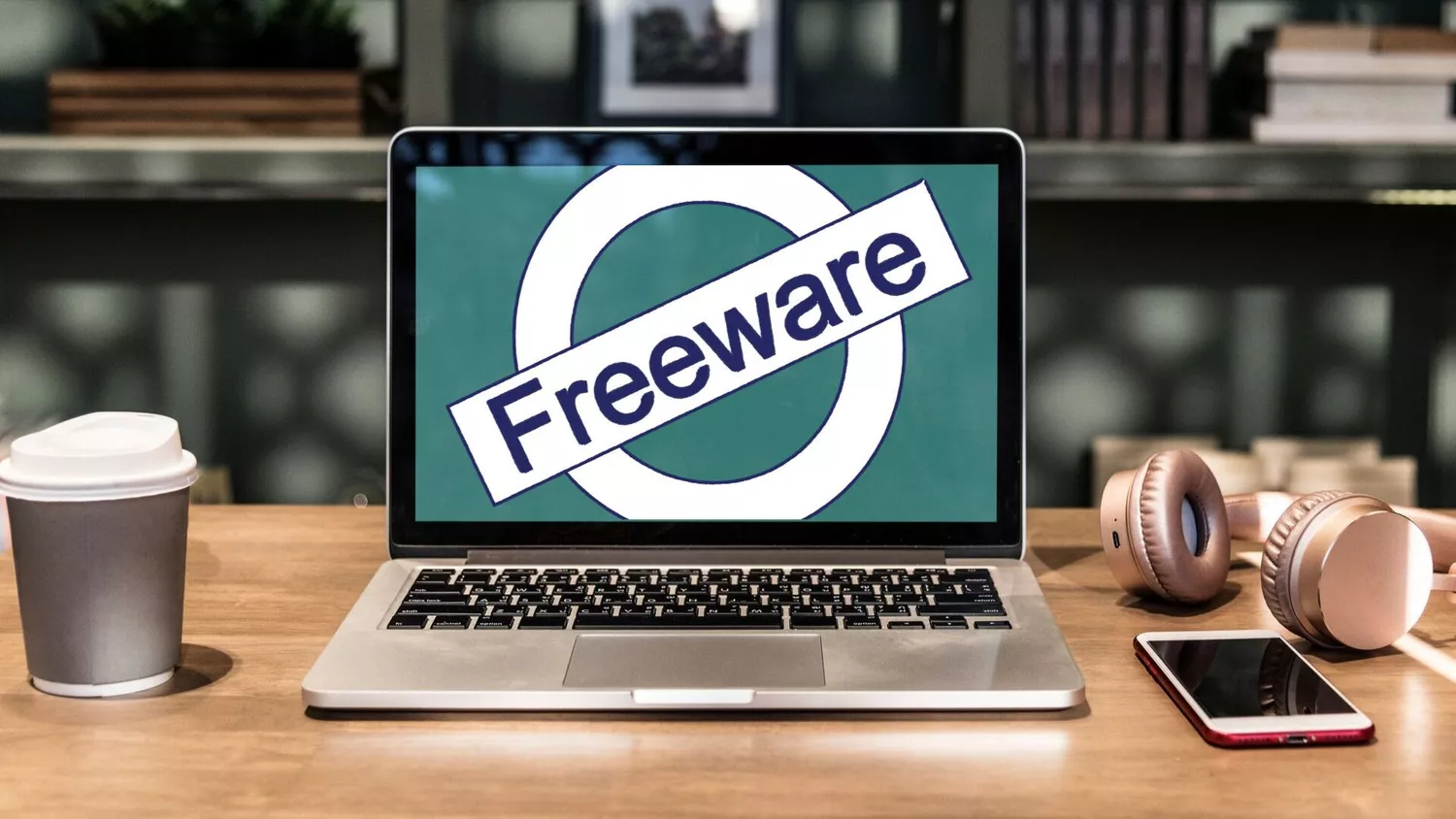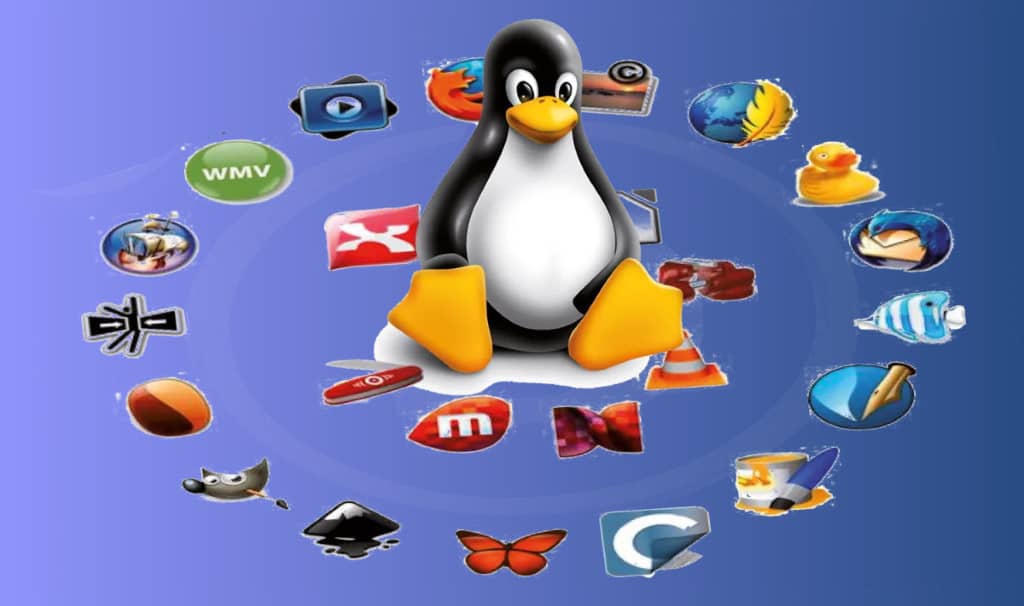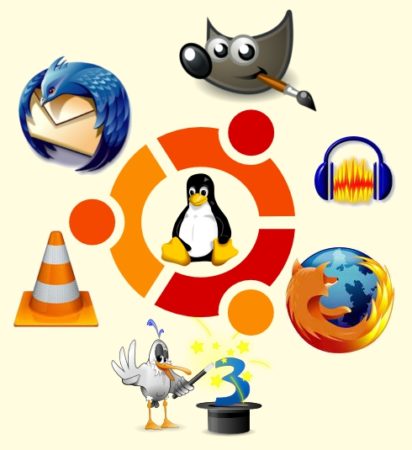Latest Recommended
Difference between Freeware, Open Source, Shareware, Trial version, etc

Terms such as Freeware, Free Software, Open source, Shareware, Trialware, Adware, Nagware, etc. are often used to define programs. Do we really know the difference between freeware and open source software – although both are used loosely and interchangeably? I guess most computer users don’t! So, in this post, we’ll try to clarify the subtle … Read more
Shareware
Shareware refers to a type of software distribution model where the software is distributed to users on a trial basis, allowing them to use the software for a limited time or with limited functionality before requiring payment to continue using it.
In the shareware model, software developers offer their software for free to users for a trial period, typically between 30 to 90 days, during which the user can use the software to evaluate its features and functionality. If the user decides to continue using the software beyond the trial period, they are required to pay a fee to the software developer for a license to use the software.
Shareware is a popular distribution model for software developers as it allows them to reach a wider audience and generate revenue from users who may not have otherwise purchased the software. Shareware also allows users to try out software before making a purchasing decision, making it a popular choice for consumers as well.
Shareware can be distributed in various forms, including through online downloads, physical media such as CDs or DVDs, or as a bundled package with other software. Software developers typically use shareware to distribute smaller or niche software products, as it may not be financially feasible to sell them through traditional retail channels.
Difference between Freeware, Open Source, Shareware, Trial version, etc

Terms such as Freeware, Free Software, Open source, Shareware, Trialware, Adware, Nagware, etc. are often used to define programs. Do we really know the difference between freeware and open source software – although both are used loosely and interchangeably? I guess most computer users don’t! So, in this post, we’ll try to clarify the subtle … Read more
What are the differences between open source and free software?

This question is a classic among computer scientists. But the difference between these two movements ultimately lies in the values they underlie. Below is an excellent article reproduced from developpez.com that describes these subtle differences. According to Richard Stallman, the fundamental difference between the two concepts lies in their philosophy: “Open source is a development … Read more
What is free software?

Software is an essential element in the functioning of a given computer system. Today, there are different types of software, among which is free software. However, some people tend to confuse it with other types of software such as free software or open source. Do you have a vague idea of what free software is, … Read more
Difference between free software and open source software: not to be confused!

There is indeed an ambiguity between free software and freeware, especially because of the English term “free”, which can refer to both. To distinguish them, to speak about free software, we use the term freeware and libre software. But what is the difference between free software and freeware? This article will put an end to … Read more
Freeware, Shareware, and Commercial Software – What’s the Difference

There are three main categories of software: freeware, shareware, and commercial. Most programs on the Internet are distributed either as freeware or shareware and seem to be free of charge and distribution restrictions. But not everything is as simple as it seems. Turns out, there is a huge difference between these three types of … Read more
What is Shareware? What you need to know

You might wonder “what is shareware software?” Shareware is often mistaken for its cousin, freeware. Despite differences, shareware carries many benefits and risks that freeware might introduce. Shareware is usually safe but can sometimes be a potential vehicle for delivering viruses and other malicious payloads. We’ve all become familiar with downloading free software — whether … Read more
Q&As
Is shareware copyrighted
Yes, shareware is typically copyrighted. Shareware refers to software that is distributed on a trial basis, allowing users to try it out before purchasing the full version. Even though shareware is often distributed for free, it is still subject to copyright protection. The software’s owner or developer typically retains the copyright, and users are required to adhere to the terms of the license agreement when using the software. This may include restrictions on copying, distribution, and modification of the software.
Is shareware safe ?
Whether or not shareware is safe depends on various factors such as the source of the shareware, the reputation of the developer, and the security measures that have been taken to protect the software from malware or other security threats.
In general, shareware that is obtained from a reputable source and developed by a trusted company or individual is likely to be safe. However, there are also risks associated with downloading and using any type of software, including shareware. For example, shareware may contain malware or other security threats that could harm your computer or compromise your personal information.
To reduce the risks associated with shareware, it’s important to always download shareware from a reputable source, read user reviews, and scan the software for viruses and other security threats before installing it on your computer. Additionally, it’s important to keep your computer’s security software up to date and to use caution when downloading and installing any software from the internet.





